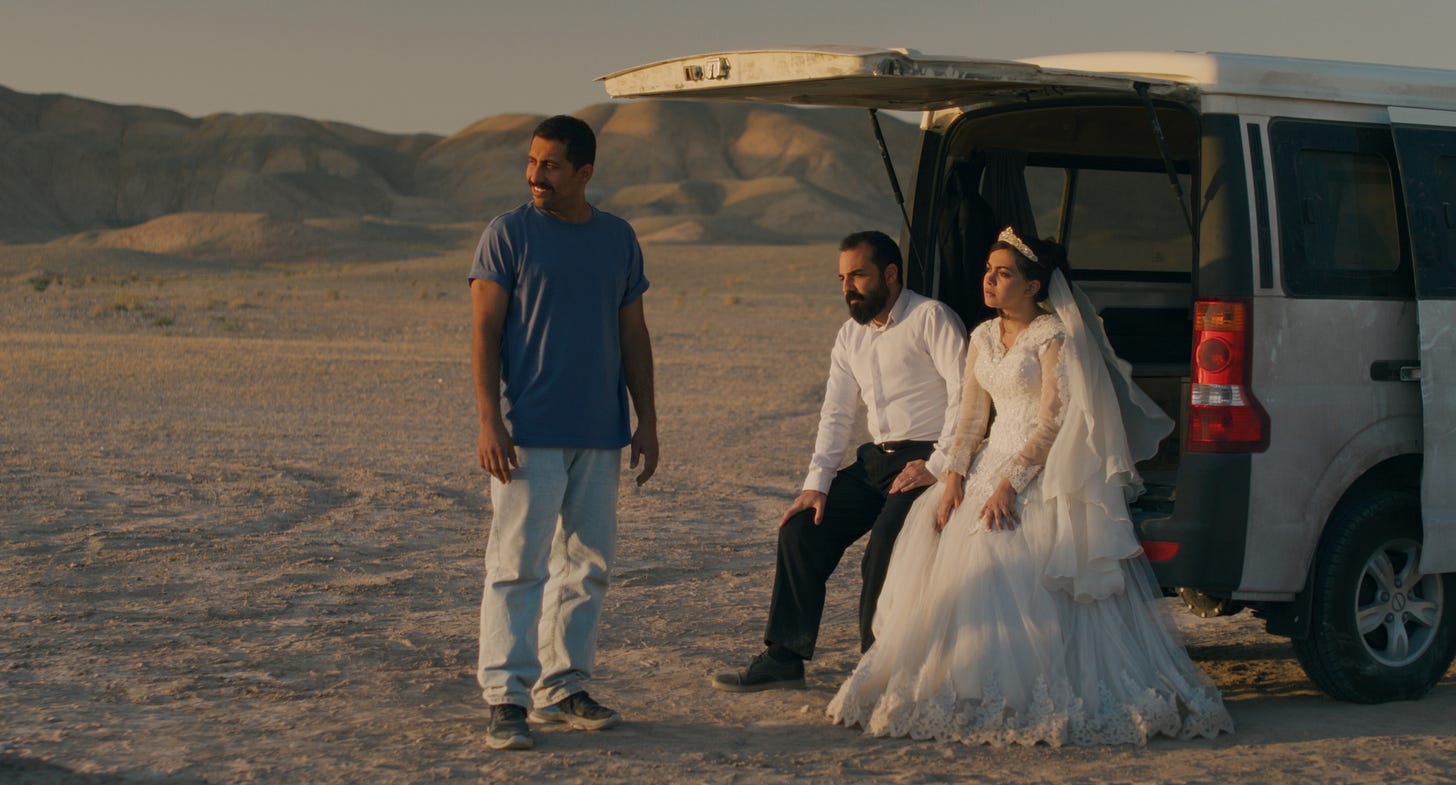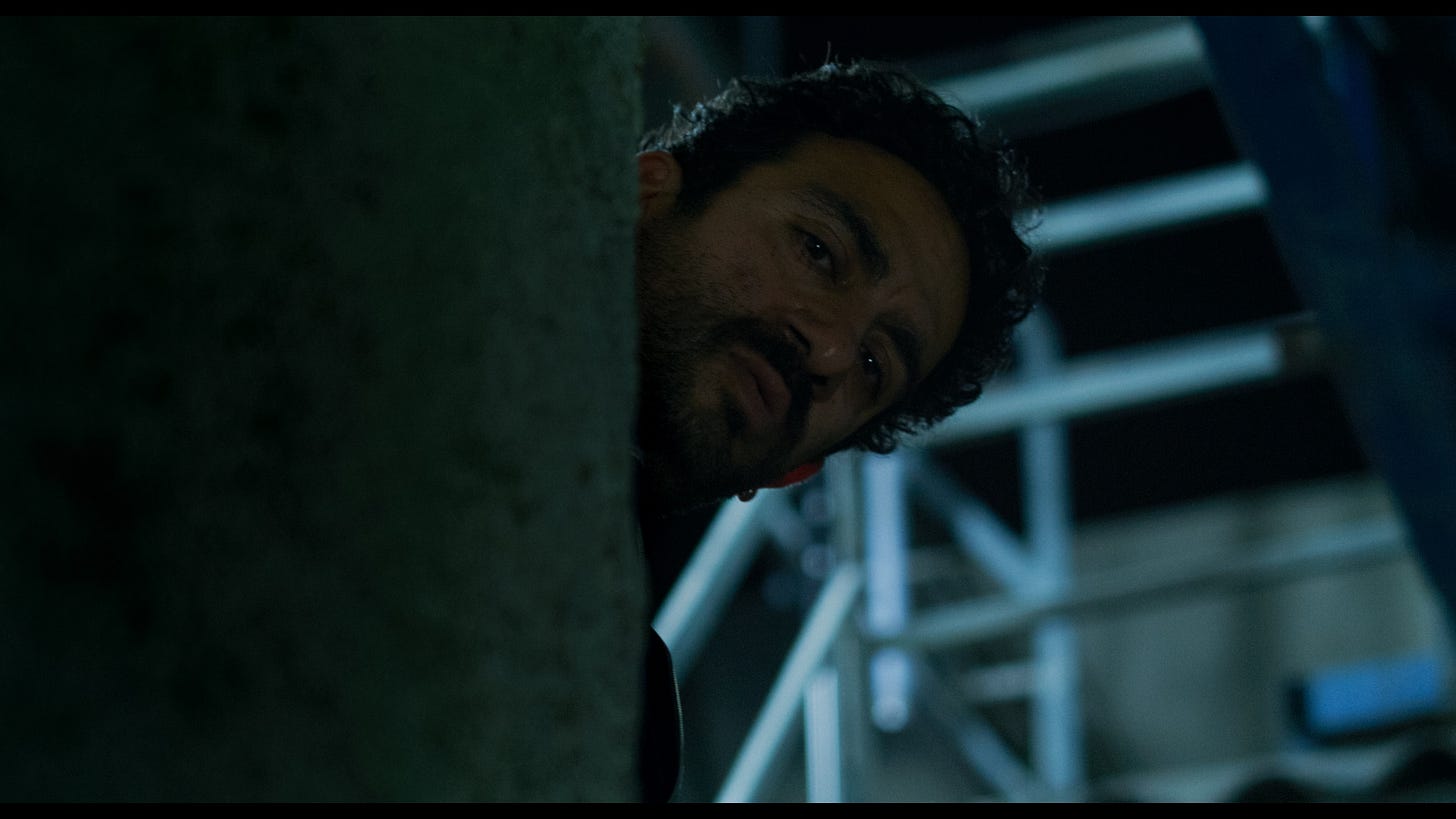'It Was Just An Accident' is one of the best of the year
Iranian director Jafar Panahi's new film wrestles with humanity and revenge

In the fight against fascism, is our humanity a weakness? Or a strength?
Few filmmakers can answer that question – or, at least, grapple with it most insightfully – than Iranian director Jafar Panahi. Panhai has been imprisoned by his government for his work, and has been banned from making films in his native country or even leaving his country.
He went on making movies anyway, often casting himself in films like “No Bears” and “Taxi,” and filming in places where the government can’t find him. The filmmaking and travel bans have been lifted, but Panahi still makes his movies covertly to avoid government censors.
His new film “It Was Just An Accident” is his most audacious and moving in years, confronting the horrors of a totalitarian regime (and the trauma borne by its survivors) head-on. And yet, as weighty as the subject matter, it’s also a humane and even funny film at times.
A man, Eghbal (Ebrahim Azizi) driving home at night with his pregnant wife and adorable young daughter hits an animal in the road. The engine is damaged, but he manages to drive the car to a nearby auto repair shop. Shot in near-darkness, this introduction immediately makes us empathize with a father just trying to get his family home safely.
But then, the perspective suddenly flips. As Eghbal moves around the auto repair shop, his artificial leg makes a rhythmic squeaking sound. That squeak sends chills down the spine of one the repairman, Vahid (Vahid Mobasseri). Vahid was imprisoned and tortured for years, beaten so badly that he holds his back when he walks, earning him the nickname “Jughead.” And although he was always blindfolded, his tormentor made that same squeak when he walked.
Terrified and enraged, Vahid follows the man back to town, and impulsively abducts him. He takes him out into the desert, intending to bury him alive. But as Eghbal protests his innocence, Vahid has second thoughts. Is this really his torturer? How can he be sure?
Keeping Eghbal locked up in the back of his van, Vahid drives around town to find his fellow former prisoners to help him identify Eghbal. Eventually the van becomes full of Vahid’s fellow prisoners, a motley crue that includes most comically a woman in her wedding dress (Hadis Pakbaten).
They argue over whether the man is conclusively their captor, and what to do with him if he is. Their bickering is darkly funny at times, but also thought-provoking and even inspiring. They’ve suffered the worst that their regime can do, but still want to do the right thing, seeking justice against a man who represents a murderously unjust system. But what does “justice” look like? Restitution, or retribution?
Some believe revenge will bring them back to life. Others believe that mercy is the only road back.
Panahi is a master of tone, understanding that the human condition has room for moments of levity as well as brutally serious moments, such as when the new bride calmly recounts her imprisonment to her future groom.
These people have all tried to go on with their lives in very different ways, but a part of them will always be imprisoned. “I’m a zombie,” one victim bemoans. “One of the living dead.” Some believe revenge might finally free them. Others believe that mercy is the only road back.
Building to a hauntingly cryptic final shot, “It Was Just An Accident” is one of Panahi’s best films and one of the best films of the year.
”It Was Just An Accident” has its Madison premiere Thursday night at the UW Cinematheque, 4070 Vilas Hall. After that, it will be expand in theaters starting on October 24, including at Milwaukee’s Downer Theatre on October 31.

